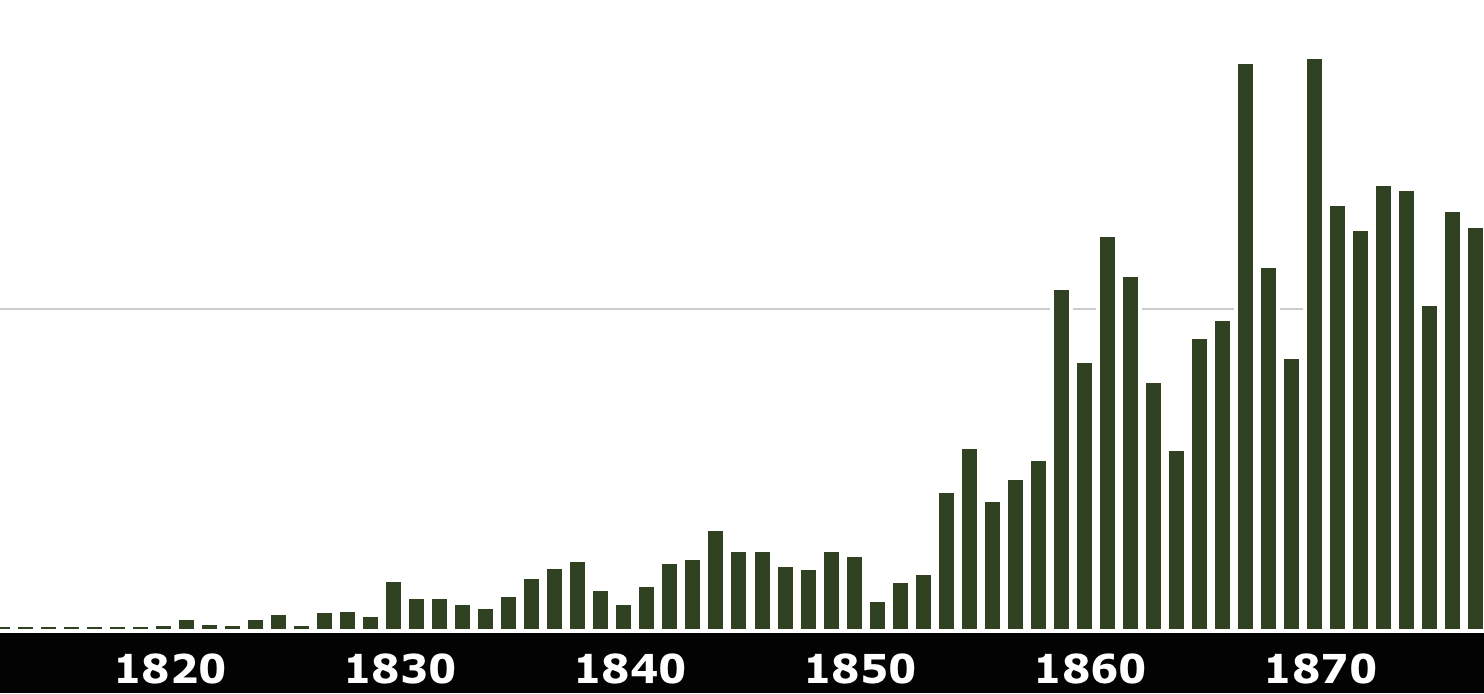-by Asa Gray
These papers are now collected at the request of friends and correspondents, who think that they may be useful; and two new essays are added. Most of the articles were written as occasion called for them within the past sixteen years, and contributed to various periodicals, with little thought of their forming a series, and none of ever bringing them together into a volume, although one of them (the third) was once reprinted in a pamphlet form. It is, therefore, inevitable that there should be considerable iteration in the argument, if not in the language. This could not be eliminated except by recasting the whole, which was neither practicable nor really desirable. It is better that they should record, as they do, the writer's freely-expressed thoughts upon the subject at the time; and to many readers there may be some advantage in going more than once, in different directions, over the same ground. If these essays were to be written now, some things might be differently expressed or qualified, but probably not so as to affect materially any important point. Accordingly, they are here reprinted unchanged, except by a few merely verbal alterations made in proof-reading, and the striking out of one or two superfluous or immaterial passages. A very few additional notes or references are appended.
To the last article but one a second part is now added, and the more elaborate Article XIII. is wholly new.
If it be objected that some of these pages are written in a lightness of vein not quite congruous with the gravity of the subject and the seriousness of its issues, the excuse must be that they were written with perfect freedom, most of them as anonymous contributions to popular journals, and that an argument may not be the less sound or an exposition less effective for being playful. Some of the essays, however, dealing with points of speculative scientific interest, may redress the balance, and be thought sufficiently heavy if not solid.
To the objection likely to be made, that they cover only a part of the ground, it can only be replied that they do not pretend to be systematic or complete. They are all essays relating in some way or other to the subject which has been, during these years, of paramount interest to naturalists, and not much less so to most thinking people. The first appeared between sixteen and seventeen years ago, immediately after the publication of Darwin's "Origin of Species by Means of Natural Selection," as a review of that volume, which, it was then foreseen, was to initiate a revolution in general scientific opinion. Long before our last article was written, it could be affirmed that the general doctrine of the derivation of species (to put it comprehensively) has prevailed over that of specific creation, at least to the extent of being the received and presumably in some sense true conception. Far from undertaking any general discussion of evolution, several even of Mr. Darwin's writings have not been noticed, and topics which have been much discussed elsewhere are not here adverted to. This applies especially to what may be called deductive evolution-a subject which lay beyond the writer's immediate scope, and to which neither the bent of his mind nor the line of his studies has fitted him to do justice. If these papers are useful at all, it will be as showing how these new views of our day are regarded by a practical naturalist, versed in one department only (viz., Botany), most interested in their bearings upon its special problems, one accustomed to direct and close dealings with the facts in hand, and disposed to rise from them only to the consideration of those general questions upon which they throw or from which they receive illustration.
Then as to the natural theological questions which (owing to circumstances needless now to be recalled or explained) are here throughout brought into what most naturalists, and some other readers, may deem undue prominence, there are many who may be interested to know how these increasingly prevalent views and their tendencies are regarded by one who is scientifically, and in his own fashion, a Darwinian, philosophically a convinced theist, and religiously an acceptor of the "creed commonly called the Nicene," as the exponent of the Christian faith.
"Truth emerges sooner from error than from confusion," says Bacon; and clearer views than commonly prevail upon the points at issue regarding "religion and science" are still sufficiently needed to justify these endeavors.
BOTANIC GARDEN, CAMBRIDGE, MASS., June, 1876.



